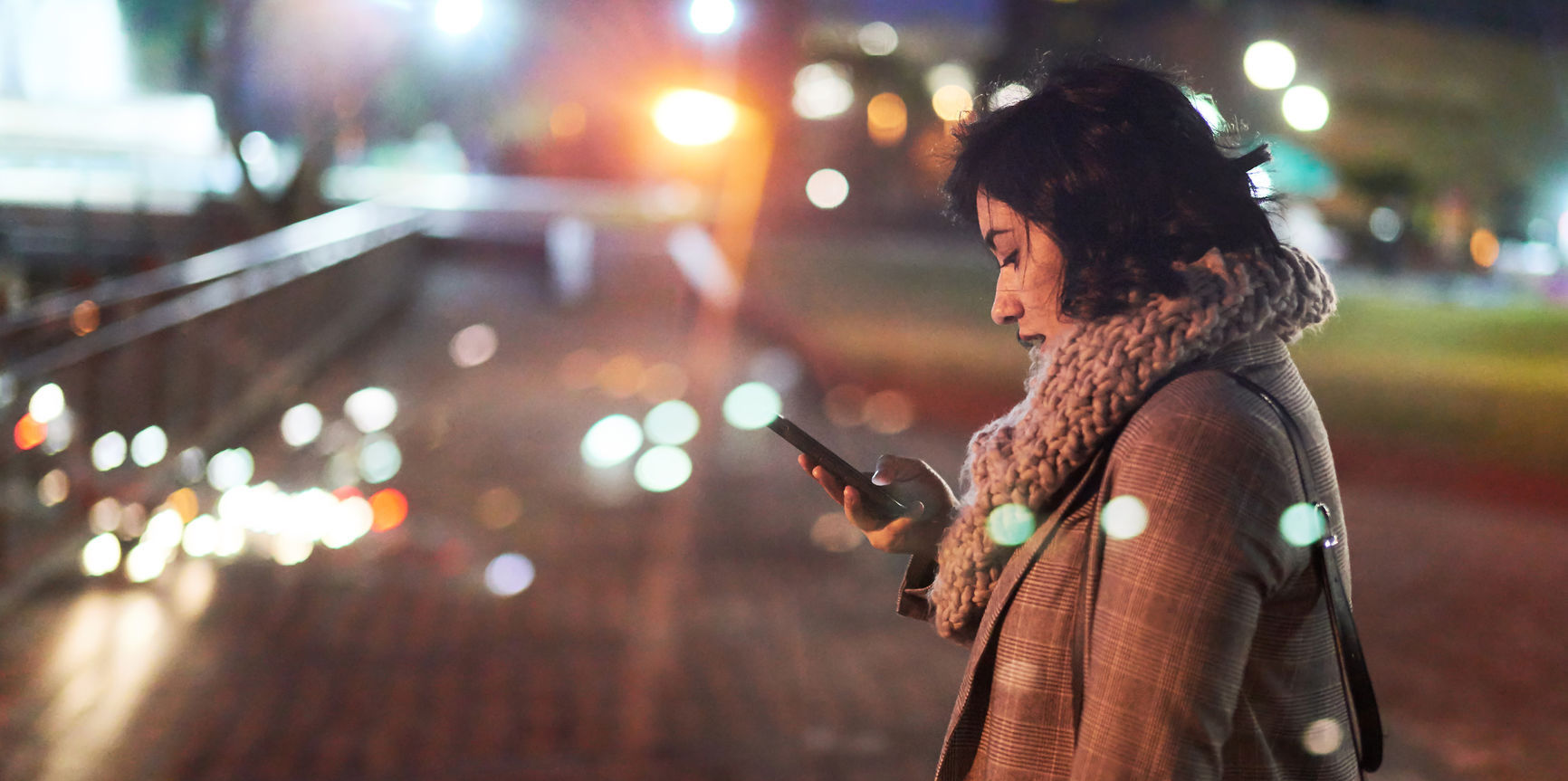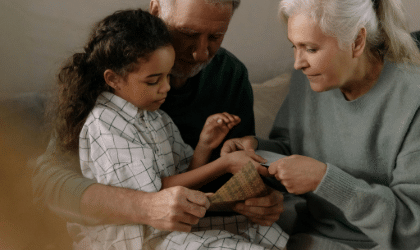The COVID-19 pandemic has challenged most businesses and organizations on some level. With virtually every industry affected, businesses have had to rapidly adjust to the changing needs of their own staff, customers, and suppliers, while navigating financial and operational challenges. They have had to quickly reconsider and revamp their practices to protect workers, residents, and patrons from contracting COVID-19.
With the novel coronavirus bringing an unprecedented and dangerous new circumstance, businesses may be opening themselves up to a wave of negligence that they have never been exposed to before. For example, news outlets have reported a surge of COVID-outbreaks in a number of long-term care homes, factories, and grocery stores.
Businesses and organizations must be aware of their responsibilities when it comes to preventing COVID-19 within the workplace, and how far their liability may extend. This article will help to inform businesses of potential liability issues in the COVID-19 era.
Employer Liability: What are Employers’ Responsibilities Regarding COVID-19?
Employers have a legal obligation under the Occupational Health and Safety Act (OHSA) and through common law to provide a safe working environment for their employees. This includes making sure that the workplace is free of hazards, that it’s properly maintained, and that there are systems in place to protect workers from suffering an injury or contracting a serious illness.
Under common law, an employer may also owe a duty of care to take reasonable precautions to avoid causing foreseeable harm to employees. With the spread of COVID-19, it may be necessary for employers to make additional decisions aimed at protecting the safety of their own workers.
Additional decisions and changes may include:
- Ensuring sufficient Personal Protective Equipment (PPE);
- Developing reporting procedures and isolation protocols for sick employees; and,
- Facilitating work from home options.
Occupier’s Liability: Responsibilities toward Guests
and Patrons
Businesses and other organizations may owe a duty to patrons, guests, and residents to take reasonable care to avoid causing them foreseeable harm (through the business’ action or omission). Generally speaking, a duty of care arises in cases involving proximity and those who are considered “neighbours”. Neighbours may include employees, patrons, contractors, or any other individual or enterprise to whom the provider ought to have contemplated when establishing their policies.
A standard of care on the other hand, is the degree of vigilance required of those organizations/businesses who are under a duty of care. In order to discharge their standards of care, businesses and organizations may need to establish reasonable practices aimed at keeping the workplace reasonably safe for workers and guests.
With COVID-19, businesses and organizations containing a large population may need to implement new policies aimed at preventing the contraction or spread of the novel coronavirus within their facility. This is especially true for those enterprises that contain employees, as well as residents in long-term care homes or inmates in prisons.
As an example, implementing new policies may mean including new procedures to monitor the outbreak or spread of COVID-19, the distribution of PPE material, mandatory use of PPE, illness reporting procedures, and isolation and social distancing practices.
What Can Businesses Do To Prevent The Spread of COVID-19?
While specific safety measures may vary greatly within each industry, there are some general considerations for implementing procedures aimed at protecting employees, patrons, guests, patients, and others.
Some practices may include:
- Placing plastic shields at registers or drive-thrus;
- Enforcing mask and distancing requirements;
- Implementing contactless service; and,
- Commissioning deep cleaning procedures.
Of course, these examples are not exhaustive and many businesses will need to implement a variety of strategies, practices, and procedures in keeping themselves safe. Again, whether or not an organization has established procedures that are considered reasonable will likely vary by fact and/or circumstance, which should be examined by a legal professional.
When Are Organizations Considered Liable For the Contraction of COVID-19?
Businesses, organizations, and individuals who act without regard for those to whom they owe a duty of care, (thereby placing them at risk for contracting COVID-19), may be deemed negligent and liable for resulting injuries. This will include businesses and organizations that have not established reasonable practices and procedures, with employees and/or patrons contracting COVID-19 as a result. The effect will be a new wave of negligence claims against these enterprises that have failed to discharge their duties under the OHSA .
As mentioned, news outlets have announced numerous outbreaks of COVID-19 in prisons, factories, and long-term care homes throughout Ontario, Canada and the United States. Whether these organizations may be considered liable for injuries and deaths arising from a COVID-19 outbreak, it will have to be determined by legal analysis.
If you or someone you know has contracted COVID-19 in a long-term care facility or business environment, please contact Nital S. Gosai and Nancy Sarmento Barkhordari at Gosai Law for a free consultation. While our physical office location is currently closed, we continue to advocate for you remotely. Please reach out to us at (905) 595-2225 or info@gosailaw.com for more information.










